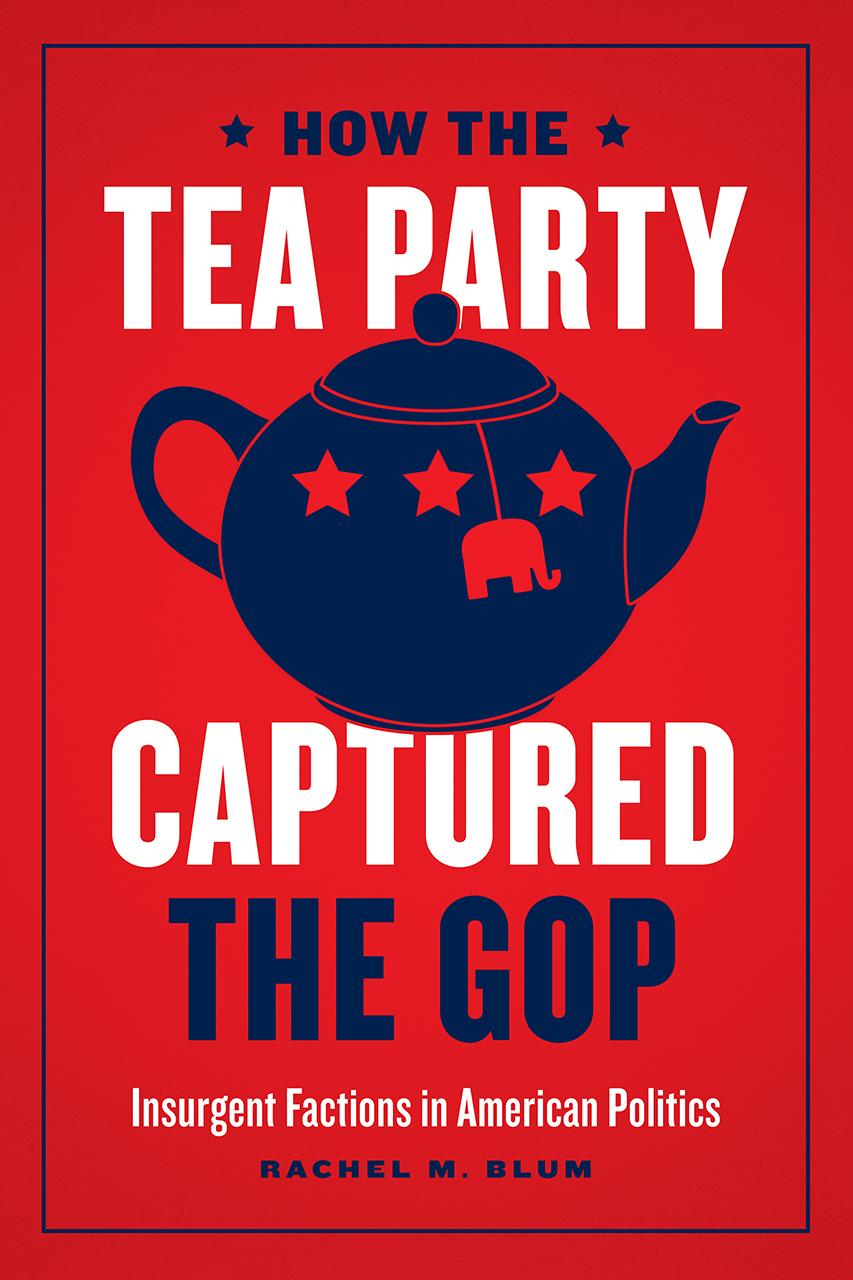University Presses like Chicago are committed to making available works that not only keep us informed but also help us to better understand our world,
University Presses like Chicago are committed to making available works that not only keep us informed but also help us to better understand the past
As we approach the 20th anniversary of 9/11, the University of Chicago Press has curated a list of books that reflect on the tragedy of
While it may be a while before we learn the final results of Election Day 2020, there is still much that gleaned from the returns
With the first presidential debate rapidly approaching, many questions are zipping through voters’ minds. What is the most important topic for them this election? How
As shown every time we read or watch the news, racism is ubiquitous in America. Yet racism is so insidious that it exists on a
Scott L. Montgomery, author of The Chicago Guide to Communicating Science, is widely known for his writings on energy matters, intellectual history, language and translation,
July 4th generally conjures images of barbeques, fireworks, and large, billowing flags. But due to large protests against police brutality, concerns of COVID, and an
As we grieve and seek a way forward for a more just, more equitable world, it’s important to understand what has brought us here and
Drawing from ideas in his book, The Participant: A Century of Participation in Four Stories, Christopher M. Kelty discusses how participation changes during a pandemic









